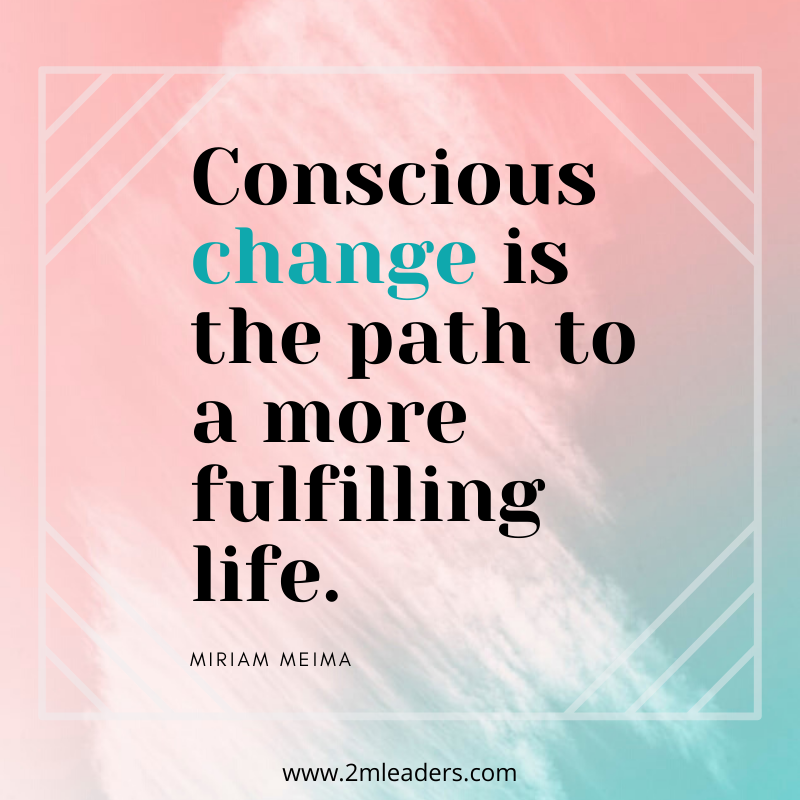Can People Change?

When I first started studying business psychology I was a naive 17-year-old with a vision of everyone loving their work.
I truly believed that it was possible to shift organizations into places people felt comfortable enough to bring their best selves while feeling rewarded, recognized, and fulfilled. I soon learned that in order to shift an organizational system, it was first necessary to shift the thinking and behaviors of the highest leaders within that system.
Motivating people at the top to change was easier said than done.
After years of hoping, planning, and trying different approaches, I became increasingly convinced it wasn’t possible for humans to change. The more I doubted my original Utopian vision the more empty and jaded I felt. The less fulfilled I was in my work, the more my grip slipped and I was left with little to no sense of hope.
Not only was I unsure I could help others feel fulfilled in their work, I didn’t have a clue of how to do it for myself.
That is when I gave up on life, as I knew it.
I was already going through a divorce and was finalizing the details of Mom’s estate after she had passed, so that meant that some aspects of life were already in a tidy bow, which suggested there was little left to walk away from.
I chose to pause my master’s program, quit my job, sell most of my furniture and put the rest in storage. I bought a one-way ticket to Managua, Nicaragua and figured that somewhere, somehow I may be able to answer my big question: Can people change?
It took over a year of wondering and wandering before I had my big a-ha moment.
Change is natural. Humans are wired for change, we are doing it ALL the time. What may seem like small choices (what time to wake up in the morning, what to eat for lunch, whether to go to the gym or not, whether to call a friend in need, how to respond to your boss’s 1 am email) are all amounting to how we organize ourselves as we move through life. These small choices adjust over time, amounting to different outcomes for ourselves and those around us. When we are not adjusting these decisions based on intentions, unconscious change starts to unfold – we gain weight, we lose touch with people, we become reactive/defensive or distant/dismissive.
Unconscious change leads to extended status quo, at best, and more often a downward spiral at various speeds.
Conscious change is the path to a more fulfilling life.
Conscious change is as simple as choosing to smile at the person next to us, using willpower to bite our tongues when we could start an argument, waiting until after a cup of coffee to read email. When we do the little things that may feel hard in the moment but eventually become habit, we are choosing to move from the life we have in the direction of the life we want.
Since the moment I boarded my flight to Managua (and probably long before that), I have devoted my life to learning about change — how it applies to my life and how I can teach others to apply it to theirs. I now have thousands of examples of how change is not only possible, but inevitable. I have been working on a model of change and decision frameworks to make it more simple to move in the direction of our dreams.
I’ve already shared small pieces and essential tools with you in other posts, and in the coming months, I will share more in hopes that it helps you feel like a butterfly in whatever area of life you most want to.


